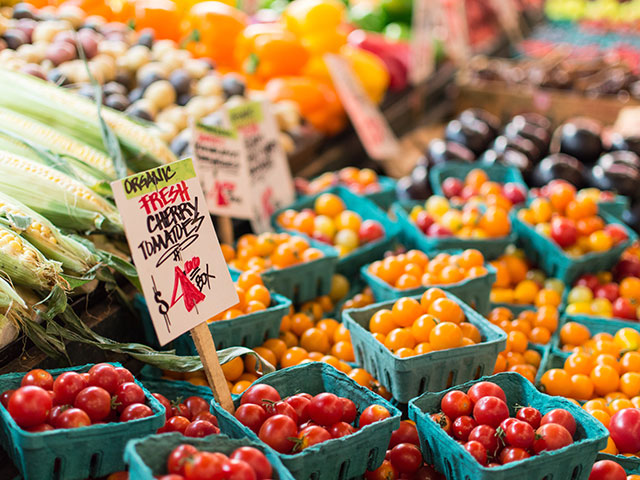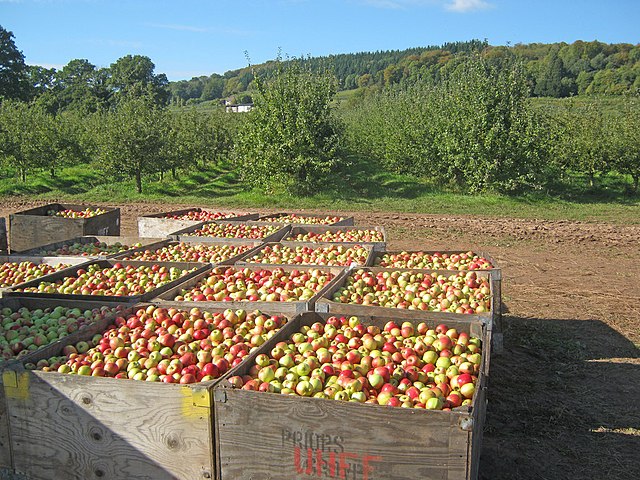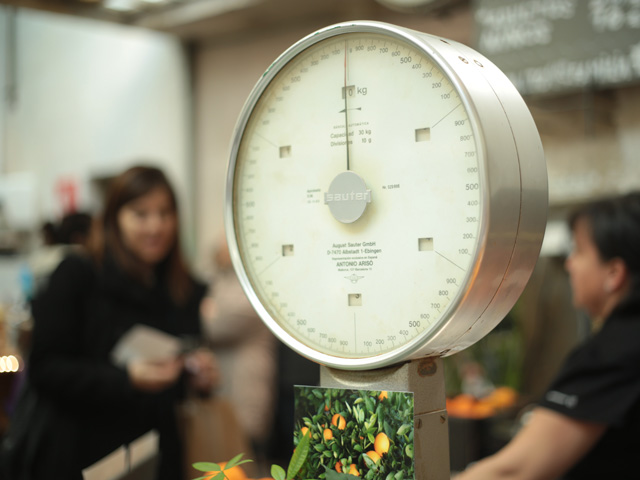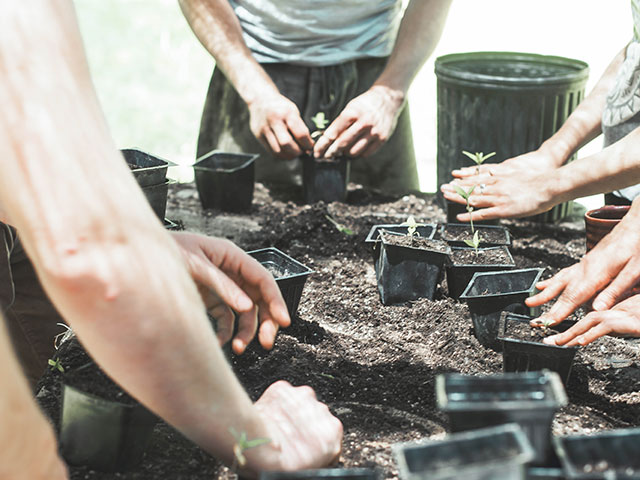Supporting Sustainable Food Hubs
This project helps make the case that sustainable food hubs should form part of the permanent infrastructure of the UK food system
Brexit and Covid disrupted the food system in different ways, but both highlighted the risks that come from over-reliance on consolidated supply chains. A resilient food system requires more diverse and flexible infrastructure. Sustainable Food Hubs help to fill this gap. Sitting between producers and eaters, they are pioneers and test-beds for methods of food distribution that match the scale and values of agroecological production.
Sustainable Food Hubs source food directly from these producers, aggregate and sort it, and sell it on to customers, while upholding a set of standards or values supportive of sustainability principles. This covers a range of businesses, from farm shops and community groceries to veg box schemes. They provide invaluable outlets for sustainable producers, and act as a convenient point of purchase for customers and consumers. Sustainable Food Hubs thus play an important role as gatekeepers of values and standards in these supply chains.
The UK has a multitude of sustainable food producers, committed to growing and making food in ways that respect people and animals, and protect the environment and the climate. They are often small in scale; their products tend to be seasonal, regional and non-standard; and they aim to pay fair prices and wages. Getting products to market, especially in competition with the big multiple retailers, can be challenging for these producers acting individually.
Our Sustainable Food Hubs project aims to provide evidence to strengthen the case that Sustainable Food Hubs are indispensable to fair and resilient food systems, and deserve policy and practical support.
For more information contact FRC Research Officer Hattie Hammans.
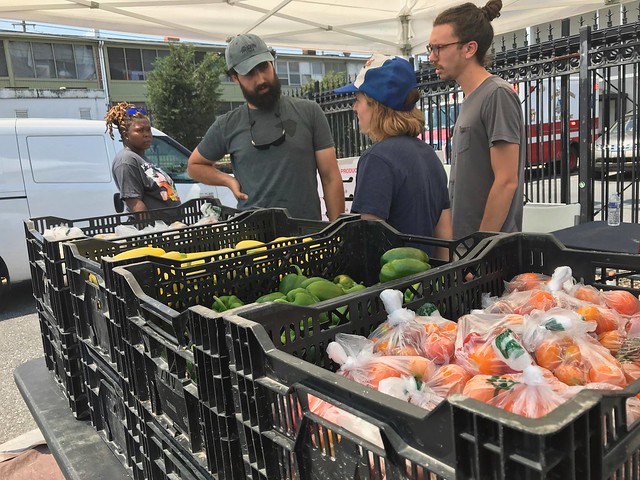
Definitions
Sustainable food hubs
Food enterprises that source food directly from multiple producers, aggregate the produce, and sell it on to eaters, while applying a set of standards or values that uphold sustainability principles to their sourcing and how they operate.
Agroecology
‘An integrated approach that simultaneously applies ecological and social concepts and principles to the design and management of food and agricultural systems. It seeks to optimise the interactions between plants, animals, humans and the environment while taking into consideration the social aspects that need to be addressed for a sustainable and fair food system.’1
Agroecological food system
A food system that, amongst other things, increases internal resource cycling, improves resilience, is multifunctional, complex, and integrated, and focuses on local contexts, equity, and nourishment.2
Short food supply chains
Supply chains with a reduced number of intermediaries between producer and consumer. This can, but does not necessarily, imply shorter physical distances, and altered social relations within the supply chain.
- (2018). The 10 Elements of Agroecology: Guiding the transition to sustainable food and agricultural systems. Rome, Italy. Retrieved from http://www.fao.org/documents/card/en/c/I9037EN
- Vaarst et al. (2018). Exploring the concept of agroecological food systems in a city-region context, Agroecology and Sustainable Food Systems, 42(6), 686-711. org/10.1080/21683565.2017.1365321

